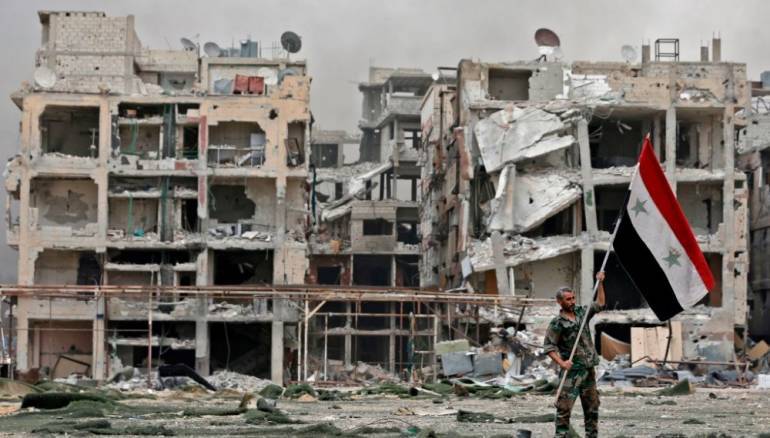nbaschedule2012now.net – The Syrian economy is a complex tapestry woven from years of conflict, external pressures, and internal challenges. As of 2024, Syria continues to grapple with a dire economic situation exacerbated by ongoing conflict, regional instability, and global economic shifts. This article explores the multifaceted challenges facing the Syrian economy and examines potential paths forward.
Historical Context
Syria’s economic woes are deeply rooted in its prolonged conflict, which began in 2011. Over a decade of war has led to significant infrastructure damage, loss of human capital, and a fractured economy. Prior to the conflict, Syria’s economy was primarily based on agriculture, oil, industry, and services. However, the war has drastically altered this landscape, with severe consequences for growth and stability.
Current Economic Challenges
Infrastructure and Reconstruction
One of the most pressing issues facing Syria is the reconstruction of its infrastructure. The war has decimated cities, destroyed essential services, and left countless homes in ruins. Rebuilding efforts are hindered by a lack of funds, international sanctions, and ongoing security concerns. The need for reconstruction is urgent, yet the means to achieve it remain elusive.
Currency Devaluation and Inflation
The Syrian pound has suffered significant devaluation, leading to rampant inflation and a steep decline in purchasing power for ordinary Syrians. This economic instability has resulted in increased poverty and food insecurity, with many families struggling to meet basic needs. The government’s limited ability to stabilize the currency further complicates efforts to control inflation.
Sanctions and Economic Isolation
International sanctions have isolated Syria economically, restricting its ability to engage in global trade and access foreign capital. These sanctions, aimed at pressuring the government politically, have inadvertently compounded the economic hardships faced by the Syrian populace. While some argue that lifting sanctions could alleviate economic pressures, others contend that maintaining them is necessary to encourage political reform.
Unemployment and Human Capital Loss
The conflict has led to a significant loss of human capital, as many skilled workers have fled the country or become casualties of war. This brain drain has resulted in a shortage of skilled labor, hindering economic recovery efforts. Additionally, unemployment remains high, particularly among the youth, further exacerbating social and economic tensions.
Path to Recovery
International Aid and Investment
For Syria to rebuild and recover economically, substantial international aid and investment are crucial. This support could facilitate infrastructure projects, stabilize the currency, and create jobs. However, political conditions and governance reforms are often prerequisites for such assistance, creating a complex interplay between economic recovery and political change.
Regional Cooperation
Regional cooperation could play a pivotal role in Syria’s economic recovery. Engaging with neighboring countries to facilitate trade and regional development initiatives could help integrate Syria into regional economic networks. This cooperation, however, must navigate the political and security challenges that continue to affect the region.
Domestic Economic Reforms
Implementing domestic economic reforms is essential for revitalizing Syria’s economy. These reforms could include measures to improve governance, enhance transparency, and foster a more conducive environment for business and investment. Strengthening institutions and promoting the rule of law are also critical components of a sustainable economic recovery strategy.
Conclusion
The Syrian economic landscape is fraught with challenges, but with coordinated efforts and strategic planning, there is potential for recovery and growth. Addressing the immediate humanitarian needs while laying the groundwork for long-term economic stability will require a collaborative approach involving local, regional, and international stakeholders. As Syria navigates this complex terrain, the resilience and ingenuity of its people will be crucial in shaping its economic future.
